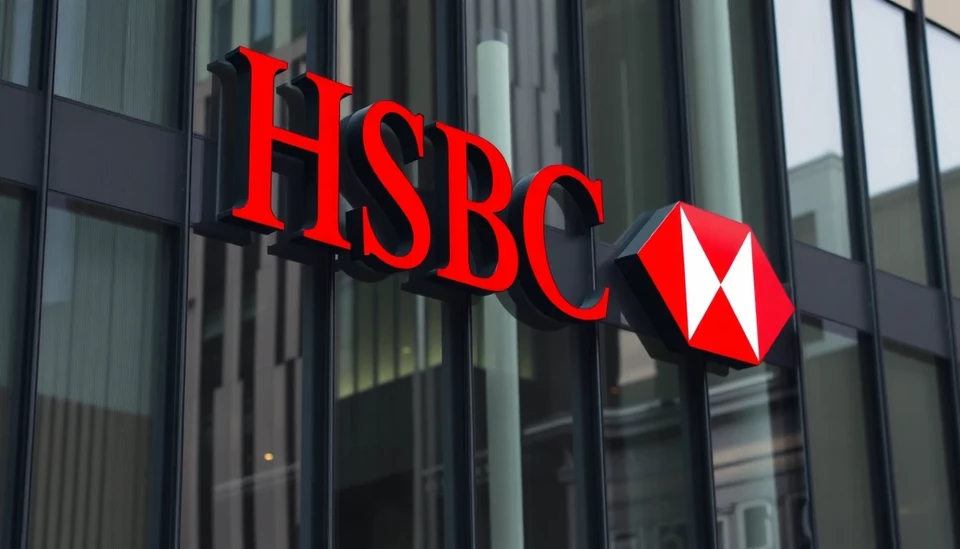
In a surprising turn of events, several high-profile companies have publicly denied any associations with Stenn, a financial services firm that recently collapsed under the weight of mounting financial difficulties. This development has significant implications not only for the reputation of the firms involved but also for the broader financial landscape as stakeholders grapple with the repercussions of Stenn's downfall.
Stenn had positioned itself as a provider of flexible trade financing solutions, specializing in assisting businesses with cash flow management through a variety of innovative financing options. However, the company's abrupt closure has sent shockwaves through the industry, leading many clients to distance themselves from the beleaguered firm. Among those named on Stenn's client list are influential entities across sectors, prompting a wave of denial from various firms once alleged to have collaborated with Stenn.
The controversy began when Stenn's financial troubles surfaced, raising immediate concerns among current and potential clients regarding their reputations and financial integrity. In response to the unfolding crisis, companies that were purported to have engaged with Stenn have swiftly issued statements clarifying that they had no actual relationship with the firm, stressing their commitment to transparency and good governance.
Industry analysts note that these denials may be indicative of a broader trend where firms are increasingly cautious about their associations amid a climate of heightened scrutiny. The fallout from Stenn's collapse could alter the dynamics of how firms choose their financial partners, as the ripple effects of this incident resonate across the sector.
As the dust settles, the financial community is left to ponder the lasting impact of Stenn's troubles. This incident serves as a cautionary tale for firms navigating the complex world of trade finance, illustrating the potential risks linked to partnerships and the importance of due diligence.
In light of these developments, stakeholders, including investors and regulatory bodies, are expected to keep a close watch on the market behavior of companies that may be scrutinized due to their perceived connections to Stenn. This increasing vigilance raises questions on regulatory measures and risk management practices that firms will need to implement to safeguard against similar controversies in the future.
The collapse of Stenn is not solely an isolated event; it reflects deeper structural challenges that may require significant reforms within the trade finance industry. As firms reevaluate their approaches to partnership and collaboration, it remains to be seen how this will shape the future landscape of trade finance and corporate accountability.
#Stenn #TradeFinance #FinancialServices #CorporateGovernance #RiskManagement
Author: Victoria Adams




